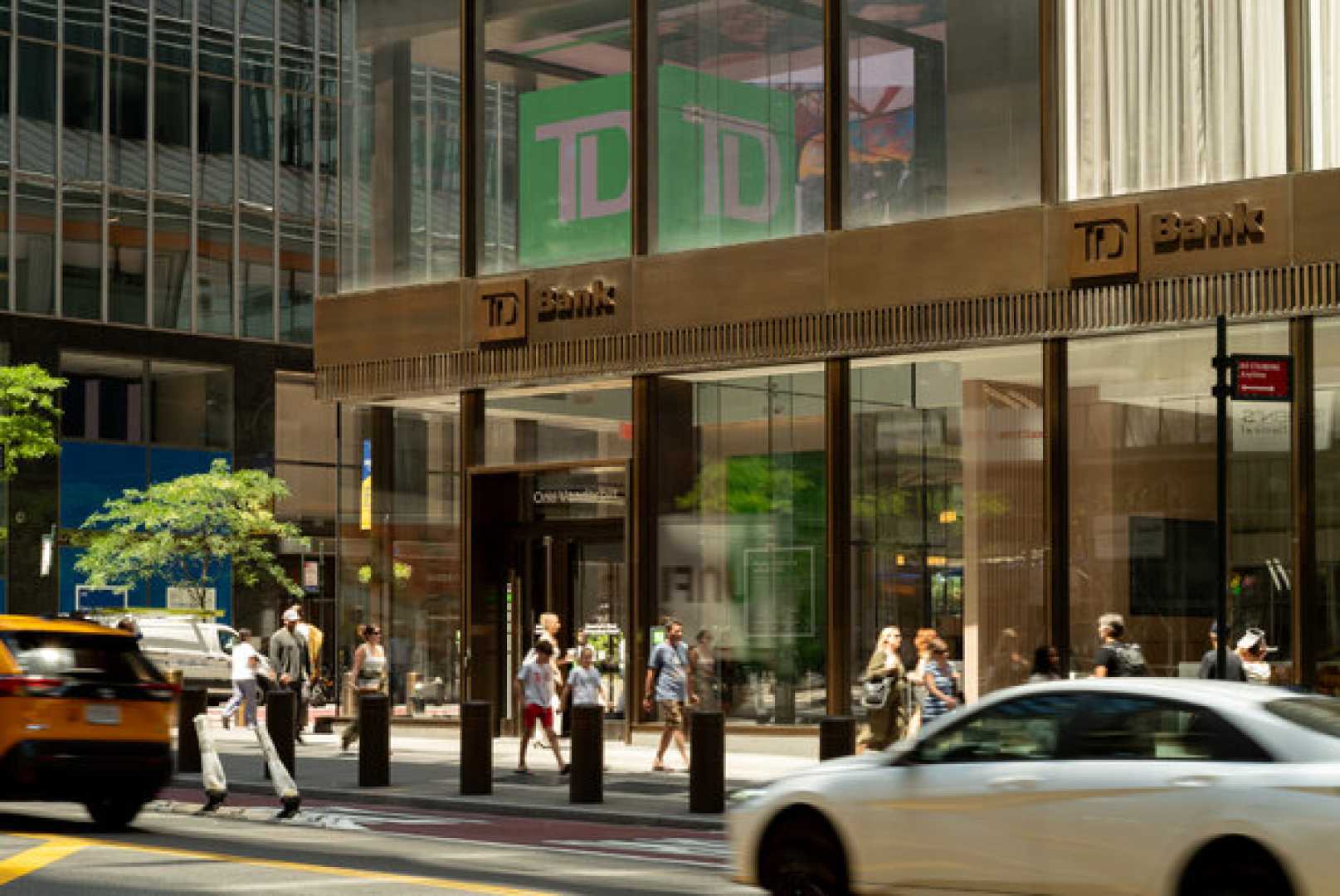News
TD Bank Fined $3 Billion in U.S. Money Laundering Case

Toronto-Dominion Bank, commonly referred to as TD Bank, has been hit with fines amounting to approximately $3.09 billion by U.S. regulators. This comes after the bank pleaded guilty to multiple charges, notably conspiracy to violate the Bank Secrecy Act and commit money laundering. The announcement was made by several U.S. bodies, including the Office of the Comptroller of the Currency (OCC) and the U.S. Department of Justice (DOJ). As part of the penalty, the bank faces a cease-and-desist order and non-financial sanctions, such as an asset cap affecting its growth in the U.S.
U.S. Attorney General Merrick Garland stated during a press conference that TD Bank’s failure to maintain a rigorous anti-money laundering program created an environment that “allowed financial crime to flourish.” Garland emphasized that TD became the largest bank in U.S. history to plead guilty to failure in its Bank Secrecy Act program and to conspiracy to commit money laundering. Between 2014 and 2022, TD Bank allegedly allowed money-laundering networks to move over $670 million through its accounts, activities that employees were aware of but did not report.
Regulatory bodies highlighted the involvement of bank employees in facilitating these illegal activities. In one instance, five TD Bank employees helped launder money for drug traffickers by issuing ATM cards and accepting bribes, according to the DOJ. Details provided by U.S. Attorney Philip R. Sellinger further revealed that one employee, identified as “David,” moved $470 million in illicit funds, taking advantage of the bank’s lack of rigorous transaction monitoring.
On the financial front, TD Bank has agreed to pay more than $1.8 billion to the DOJ in penalties for criminal charges. The total fines imposed by various regulators culminate in just over $3 billion. The case has prompted TD Bank to restructure its anti-money-laundering program, engaging in a three-year period of increased monitoring, and a five-year probationary period.
Bharat Masrani, CEO of TD Bank Group, expressed remorse for the failures under his leadership, stating, “We have taken full responsibility.” Masrani reaffirmed the bank’s commitment to correcting these issues through substantial investments and organizational changes. In his statement to the media, he announced ongoing efforts to ensure that such failures do not recur.
Despite the bank’s attempts to address its regulatory deficiencies, the imposed asset cap by the OCC will impede its growth in the U.S., where it ranks as the 10th largest bank. Financial analysts are concerned about the impact of these sanctions on TD’s operations. Richard Powers, an associate professor at the Rotman School of Management, pointed out that about 25% of TD’s revenue comes from its U.S. operations, noting that growth could be severely restricted.
The bank recently announced a leadership change, with Raymond Chun set to replace Masrani as CEO next year. The management transition follows an acknowledgment of responsibility and a pledge to strengthen compliance systems within the organization.
Investment advisors like Grant White from IA Private Wealth have expressed reservations about TD Bank as a viable investment, citing ongoing compliance challenges and regulatory oversight. White stated that while he believes TD Bank’s dividend may remain secure, growth prospects appear limited due to the increased regulatory scrutiny.












